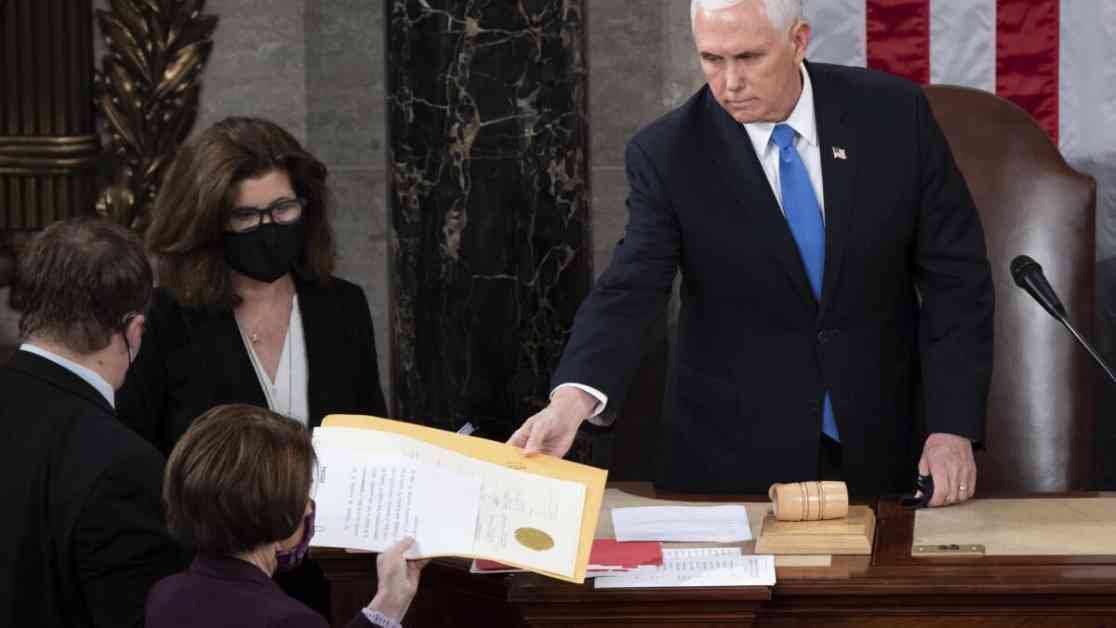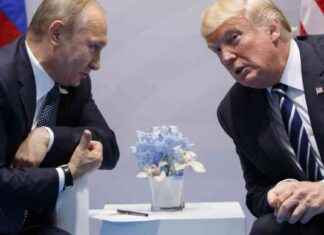Jack Smith, the special counsel in the Jan. 6 case, has put forward a detailed brief outlining the evidence he plans to use against former President Donald Trump. One key aspect of this evidence revolves around Trump’s interactions with then-Vice President Mike Pence. The focus is on whether Pence’s testimony can be admitted in court, considering the Supreme Court’s broad immunity opinion that protects the president from certain legal actions.
Smith’s arguments regarding Pence’s account are complex and nuanced. He presents various theories to support the inclusion of evidence showing Trump’s alleged attempts to pressure Pence into disregarding the electoral votes for Joe Biden. Despite the Supreme Court’s stance on presidential powers, Smith is determined to make a compelling case for using Pence’s testimony in the prosecution.
The court has set a high bar for overcoming the presumption of immunity when it comes to discussions between the president and vice president regarding official responsibilities. However, there are potential loopholes that Smith is exploring to establish that certain interactions between Trump and Pence should not be protected under this immunity. For instance, Smith argues that conversations between the two may be seen as unofficial conduct by candidates rather than officials, especially during the 2020 election campaign.
Furthermore, Smith highlights specific instances, such as private meals between Pence and Trump, where the nature of their discussions could be viewed as personal rather than official. He also makes a distinction between meetings involving Trump’s private lawyers and those excluding White House attorneys, suggesting that the former may be considered private and thus admissible as evidence.
By presenting these alternative arguments and contextual claims, Smith aims to increase the chances of including Pence’s testimony in the trial against Trump. While the Supreme Court’s immunity doctrine will play a significant role in determining the admissibility of such evidence, Smith’s strategic approach could pave the way for a compelling narrative of Trump’s alleged misconduct to be presented to a jury.
As the legal proceedings unfold, it remains to be seen how the court will navigate these complex issues. Smith’s persistence and multiple fallback positions indicate a readiness to tackle any challenges that may arise in pursuing justice in the Jan. 6 case. The outcome of this legal battle will not only impact the case against Trump but also have broader implications for the boundaries of presidential authority and accountability in the future.



























